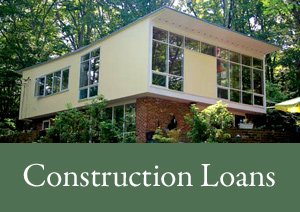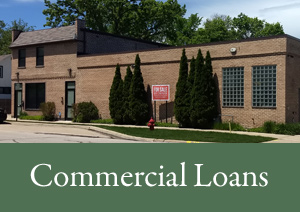Post
How Do Commercial Mortgages Differ from Residential Mortgages?

Mortgages are a common means of financing real estate purchases, but they’re not one-size-fits-all. There are significant differences between commercial mortgages, which are used to finance business properties, and residential mortgages, which are used for homes. Understanding these differences is crucial for both borrowers and lenders.
Purpose and Use
Commercial mortgages are for properties used for business purposes, like office buildings, retail spaces, and warehouses. They’re often sought by investors looking to generate rental income or businesses needing space to operate. Residential mortgages, on the other hand, are for homes where people live. They’re typically sought by individuals or families looking to buy a primary residence or investment property.
Property Types
Commercial properties come in various shapes and sizes, from small storefronts to towering skyscrapers. They can include office buildings, retail centers, industrial complexes, and multi-family apartment buildings. Residential properties, on the other hand, are primarily single-family homes, condominiums, townhouses, and apartment buildings with fewer than five units.
Loan Terms and Structure
Commercial mortgages typically have shorter loan terms and higher interest rates than residential mortgages. They often require larger down payments and may have balloon payments or adjustable interest rates. Residential mortgages, on the other hand, typically have longer loan terms, lower interest rates, and fixed monthly payments.
Interest Rates and Fees
Interest rates for commercial mortgages are influenced by factors like property type, location, borrower creditworthiness, and overall market conditions. Fees associated with commercial mortgages can include origination fees, appraisal fees, and legal fees. Residential mortgage interest rates are influenced by similar factors, but fees tend to be lower and more standardized.
Qualification Requirements
Qualifying for a commercial mortgage can be more complex than qualifying for a residential mortgage. Lenders consider factors like the property’s income potential, the borrower’s credit history, and the strength of the business or investment. Residential mortgage qualification focuses more on the borrower’s personal income, credit score, and debt-to-income ratio.
Risk Assessment
Commercial mortgages are considered higher risk for lenders due to factors like market volatility, tenant turnover, and economic conditions. Lenders carefully assess these risks before approving a commercial loan. Residential mortgages are generally considered lower risk because they’re backed by the borrower’s primary residence, which provides a more stable source of income for repayment.
Repayment and Foreclosure
Commercial mortgage repayment terms can vary widely depending on the loan structure and property type. In the event of default, lenders may pursue foreclosure to recover their investment. Residential mortgage repayment terms are typically more straightforward, with fixed monthly payments over a set period. Foreclosure on a residential property can result in the loss of the borrower’s home.
Conclusion
In conclusion, commercial mortgages and residential mortgages serve different purposes and come with unique terms, requirements, and risks. Understanding these differences is essential for anyone considering borrowing or lending money for real estate investments. Whether you’re a business owner, investor, or homeowner, 1st Eagle Mortgage is here to help you navigate the mortgage process and find the right financing solution for your needs.
April 20th, 2024 by Herb Levin
No comments yet




